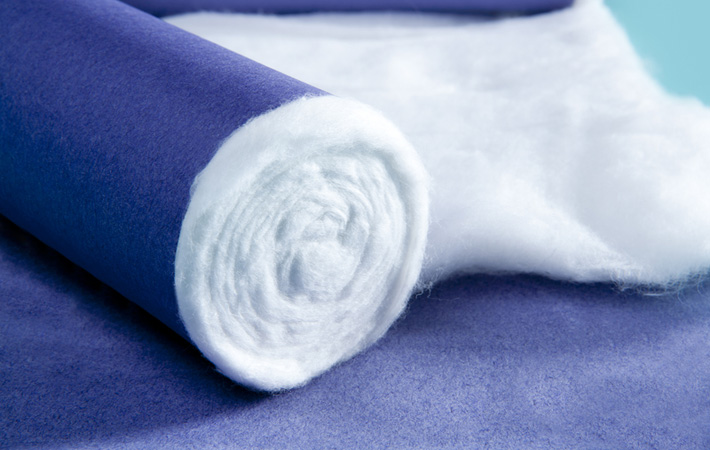The Philippine Textile Research Institute (PTRI) has launched the PTRI Medical Textile Testing Center (PMTTC), to be operational by April 2022. The PMTTC can be used by regulatory bodies like the Food and Drugs Administration, according to PTRI director Celia Elumba. The testing fees will be cheaper and the test timeline was also reduced to 2-3 weeks.
Testing services will be for face masks, coveralls, gowns, and drapes. Elumba noted that prior to the establishment of PMTTC, tests for medical safety regulations have to be sent to foreign laboratories. Soft-launched last year, the PMTTC in Bicutan, Taguig seeks to elevate medical devices regulation through the conduct of pre-market evaluation of materials and products, as well as post-market surveillance activities, PTRI said in a press release.
Among the equipment in PMTTC are the protective clothing synthetic blood penetration tester, and a hydrostatic pressure tester. A protective clothing synthetic blood penetration tester is used to determine the resistance to penetration of protective clothing by synthetic blood or other body fluids under different pressures at a constant rate. On the other hand, the hydrostatic pressure tester is used to test the water penetration resistance of medical PPE from underneath the material specimen through varying water pressures. A medical PPE prevents the transfer of infectious microorganisms from one individual to another.
The Philippine Textile Research Institute (PTRI) has launched the PTRI Medical Textile Testing Center (PMTTC), to be operational by April 2022. The PMTTC can be used by regulatory bodies like the Food and Drugs Administration, according to PTRI director Celia Elumba. The testing fees will be cheaper and the test timeline was also reduced to 2-3 weeks.
“These have been computed to be more than half the price of what it would cost to have the tests conducted by foreign laboratories. Plus, the shipping fees are reduced greatly. The establishment of local testing capability will likewise encourage research and development initiatives that transcend the current pandemic response. PTRI’s testing laboratory used to cater only to some tests for non-medical cloth face masks and for reusable non-medical grade PPE,” Elumba said in a statement.
“Different levels of PPE are defined depending on the activities, level of exposure, and corresponding barrier performance required. With the completion of the project, the testing laboratory will be able to test up to American Society for Testing and Materials or ASTM Level 3 protective clothing such as gowns and coveralls for areas where there is high risk of fluid exposure,” Elumba said.
Fibre2Fashion News Desk (GK)





